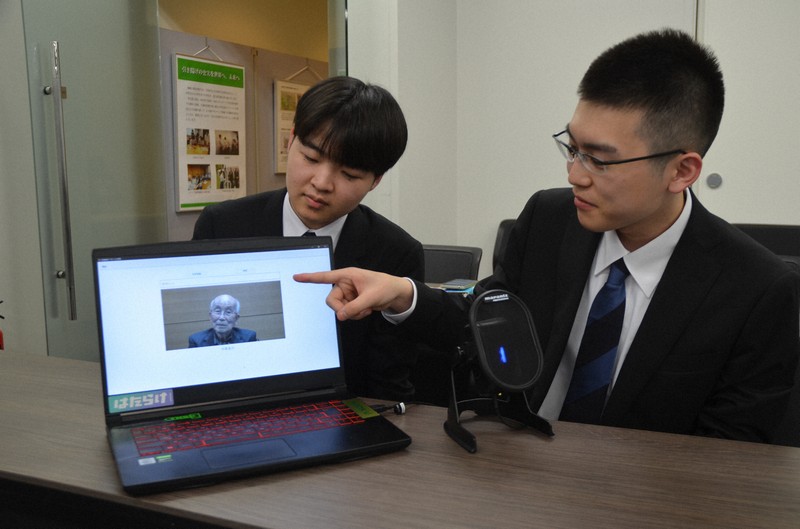Judul : 90% of war museums in Japan find memory preservation difficult, but many wary of using AI
link : 90% of war museums in Japan find memory preservation difficult, but many wary of using AI
90% of war museums in Japan find memory preservation difficult, but many wary of using AI

TOKYO -- Some 90% of war-related museums in Japan struggle to preserve memories amid the dwindling number of survivors, as this year marks 80 years since the end of World War II, yet many of them are hesitant about using AI, a survey by the Mainichi Shimbun has revealed.
The poll, conducted by the Mainichi on 85 war and peace memorial museums across Japan focusing on WWII, revealed that 90% of the 70 responding facilities find it "difficult" or "very difficult" to preserve memories of the war. Regarding the use of AI in memory preservation activities, meanwhile, only five facilities have adopted it, while 70% have not considered it.
In July, the Mainichi sent questionnaires to the facilities, including those listed in the "museums for peace worldwide" published in 2020 by the International Conference of Museums for Peace organizing committee.
When asked, "Is it difficult to preserve memories of the war?" with four options provided, seven museums answered "very difficult," 56 responded "difficult," while six said "not difficult." No facility said it was "not difficult at all." The primary reason cited for the challenges was the shrinking population of war survivors, and some facilities also mentioned a lack of funding to keep operating in the future.
The Sakai City Peace and Human Rights Museum in Osaka Prefecture stated, "With only one volunteer storyteller left, as others have grown too old or passed away, preservation is challenging." Other facilities expressed concerns about the declining interest among younger generations, noting, "Peace education is not part of the curriculum in schools and is left to the discretion of teachers," and, "Most visitors are in their 60s or above, making it a challenge to engage younger generations."
Regarding the use of AI, the survey asked if they are implementing or considering it with three choices provided. Five museums answered that they have "already implemented it," 10 responded that they have "not implemented it but are considering it," while 49 said they were "neither implementing it nor considering it."
Reasons for not thinking about using AI included concerns such as "a detachment from the personal feelings of the survivors," "AI colorization and video creation may fixate images" and "influence from the creator's ideology and intentions."
Facilities that have utilized or are considering AI use were asked for specific details. The Kawasaki Peace Museum in Kanagawa Prefecture has colorized nine wartime photographs "to help people, especially younger generations, feel the scars and memories of war and air raids more realistically and encourage them to think about war and peace personally."
The Hiroshima Peace Memorial Museum is considering introducing an interactive testimony playback system, which uses AI to select and replay appropriate answers from prerecorded testimony videos of atomic bomb survivors in response to questions.
While the Anne Frank Memorial House in Nishinomiya, Hyogo Prefecture, is considering AI use, it pointed out the need for "appropriate guidelines and verification to prevent excessive dramatization and editing."
On the internet, videos using AI to add color and movement to wartime photos can be found.
The Tsukuba Navy Air Corps Memorial Museum in Ibaraki Prefecture said, "Animating real people using AI isn't ideal, but if the characters themselves are AI-generated, we feel that it conveys the image well and is effective."
(Japanese original by Shohei Kato, Tokyo City News Department)
Demikianlah Artikel 90% of war museums in Japan find memory preservation difficult, but many wary of using AI
Anda sekarang membaca artikel 90% of war museums in Japan find memory preservation difficult, but many wary of using AI dengan alamat link https://www.angkaraja.cfd/2025/10/90-of-war-museums-in-japan-find-memory.html
0 Response to "90% of war museums in Japan find memory preservation difficult, but many wary of using AI"
Post a Comment